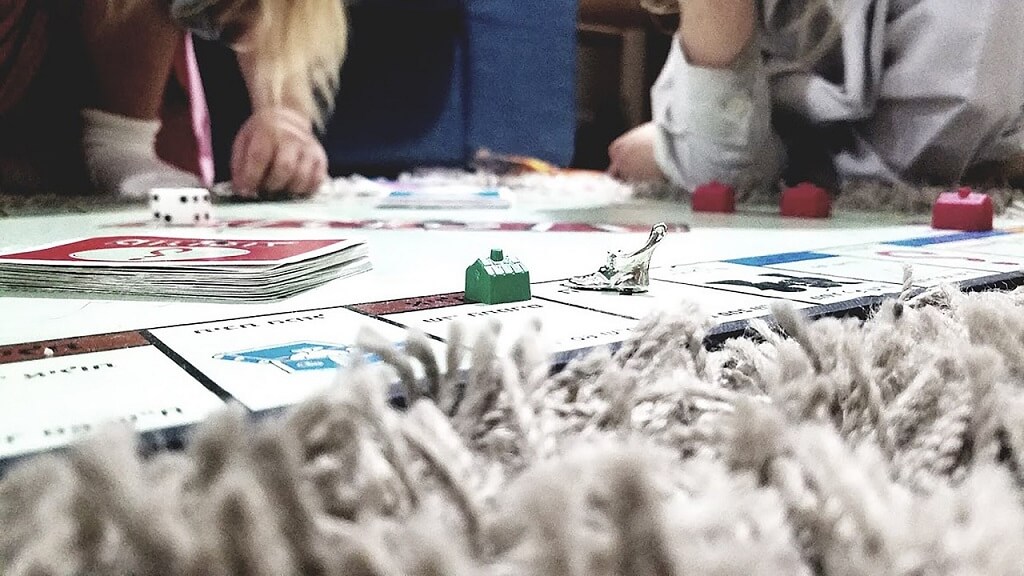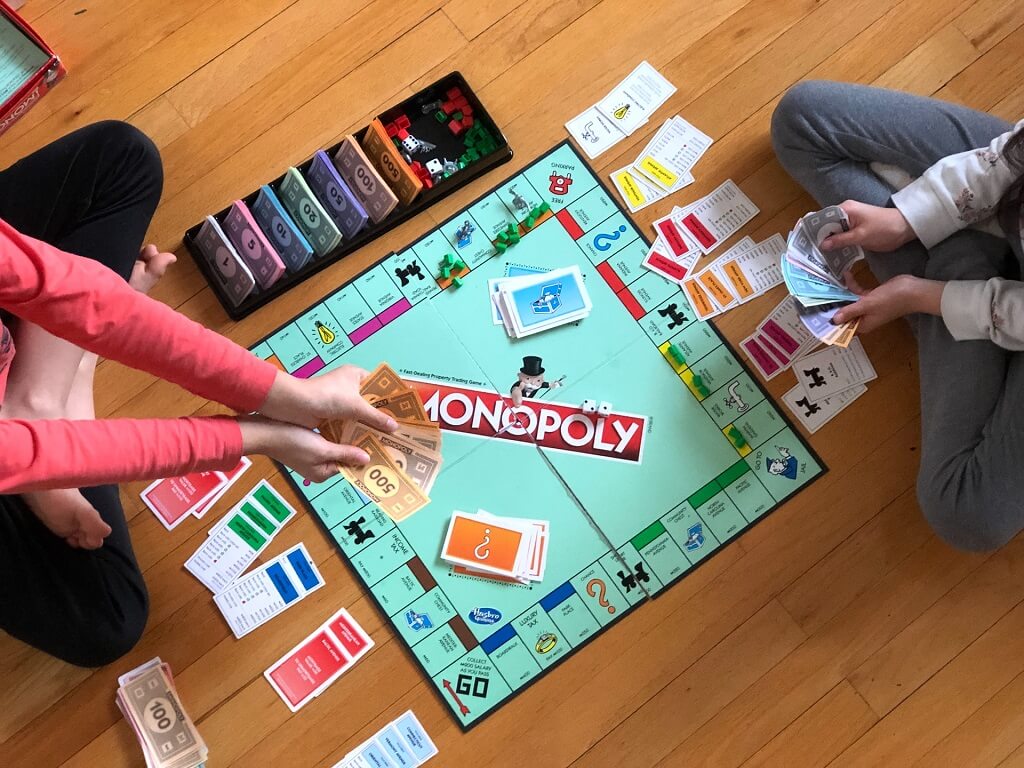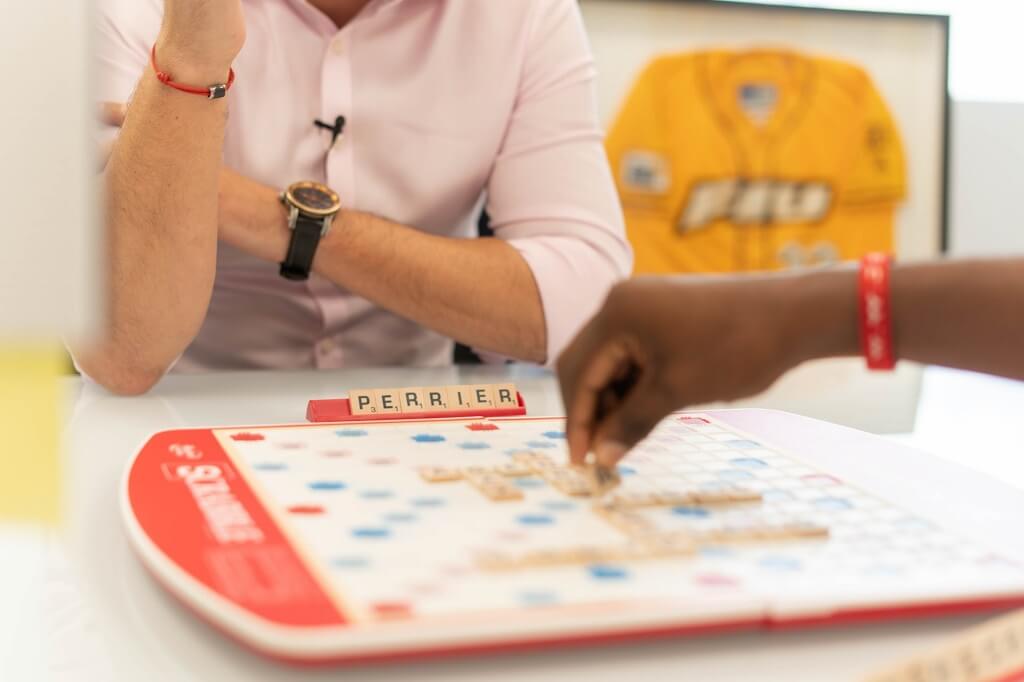Publishing a board game can be a daunting endeavor, particularly when deciding how best to go about it. There are many key factors to consider when deciding whether to self-publish or license it to a particular company. What it will all come down to is what you are wanting for yourself and your game. There are risks and rewards to both options and it is up to you, the developer, to decide what risks are worth taking for the rewards that you want.
Table of Contents
A Quick Comparison
Criteria | Self-Publishing | Game Publisher |
Control | Full control over design, production, and marketing | May relinquish some control to the publisher |
Investment | High upfront costs for production and marketing | Publisher covers some or all production costs |
Expertise | Requires knowledge in printing, logistics, and marketing | Publisher provides professional expertise |
Time and Effort | High involvement in every aspect of the process | Less hands-on, allowing you to focus on game design |
Financial Risk | Bears the full financial risk | Risk is shared with the publisher |
Profit Margin | Higher potential profit margins | Lower profit margins, but lower financial risk |
Distribution | Responsible for distribution and retail relationships | Publisher handles distribution and retail partnerships |
Marketing | Self-promotion is crucial; may require significant effort | Publisher has established marketing channels |
Brand Recognition | Building your brand from scratch | Leveraging the publisher's existing brand |
Time to Market | Potentially longer time to establish and launch | Quicker time to market with publisher's resources |
Success Factors | Relies heavily on effective marketing and distribution | Benefits from the publisher's established network |
Self-Publishing
Let’s begin with self-publishing. The upside to it is total control of your board game. You can choose what to keep and discard without having to worry about a publisher rejecting ideas or forcing you to tweak game design aspects. You also reap all of the profits from your game or at least gain a much higher percentage if you are working with a team. Everything from brand design to publicity is yours – if you want to advertise your game online or in shops, you can in any way you want.
However, you are also responsible for much more than simply designing the board game, find a reliable board game manufacturer. Everything from advertising to funding to manufacturing and distributing the copies is on your shoulders. All of this work does not guarantee your game will be a success, either, so while you are the one to gain the most from the profits, it may not mean much if the game does not sell as well as you hoped. Publishers do not take on games they see as high risks of failure and, thus, they work hard to ensure your customized board game will sell. If you are the one doing the publishing, the odds are stacked against you.
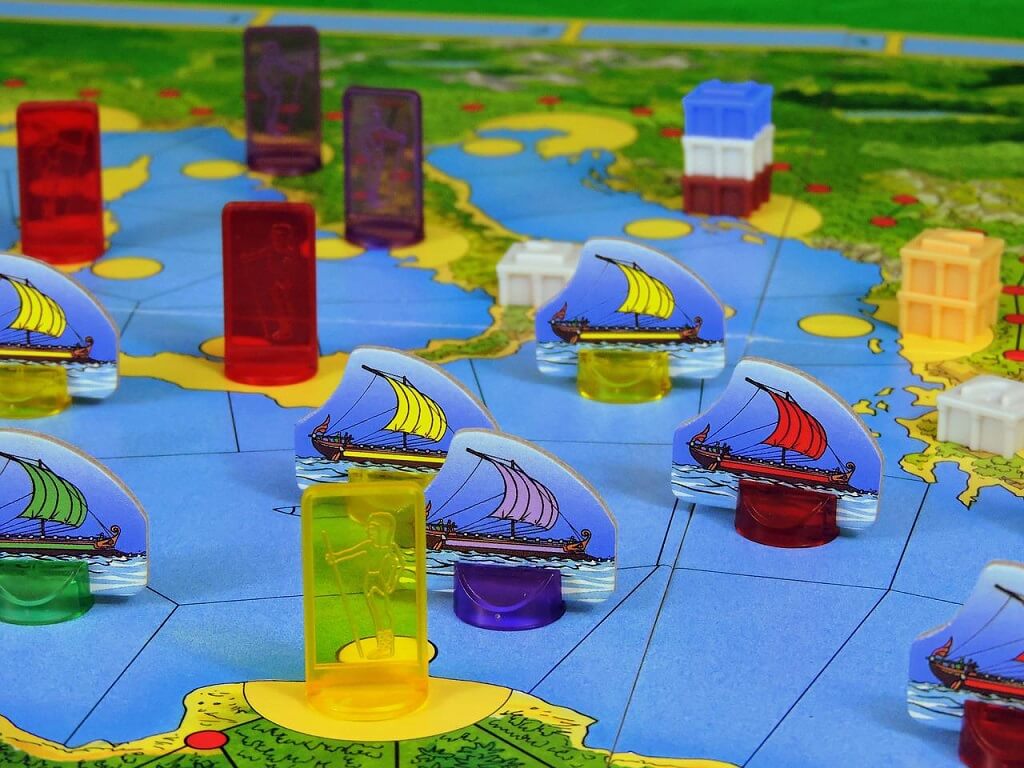
Going Through a Publisher
Now contrast that with going through a publisher. They take much of the weight off the task, leaving you and your team to focus on development while they essentially sell your game for you. With greater resources and recognition on hand, your publisher will be able to more easily market your custom board game than you could by yourself. Their entire role is to make sure your game gets sold so while you may receive a smaller take, the success may make that inconsequential. Not only can they more easily sell the game than you likely could, but they can do so in greater numbers exponentially increasing the potential gains.
If going through a publisher is the plan, however, be prepared to receive multiple rejections until you find the one that sticks. Board game publishers have their own criteria with which they decide what to take on. Assuming you find the right publisher willing to fund your board game, there are other potential problems to consider. The publishers will have some executive control over your game, however, and you will have to play by their rules if you wish to have your game published through them. For all their work, as well, they will be walking away with much of the proceeds from the game’s potential success. Unless your game is a hit, you may be walking away with as much to show for it as you would have if you were self-published. For some, this loss of creative freedom may be too much. For others, it may be a necessary sacrifice to see the success of their game.
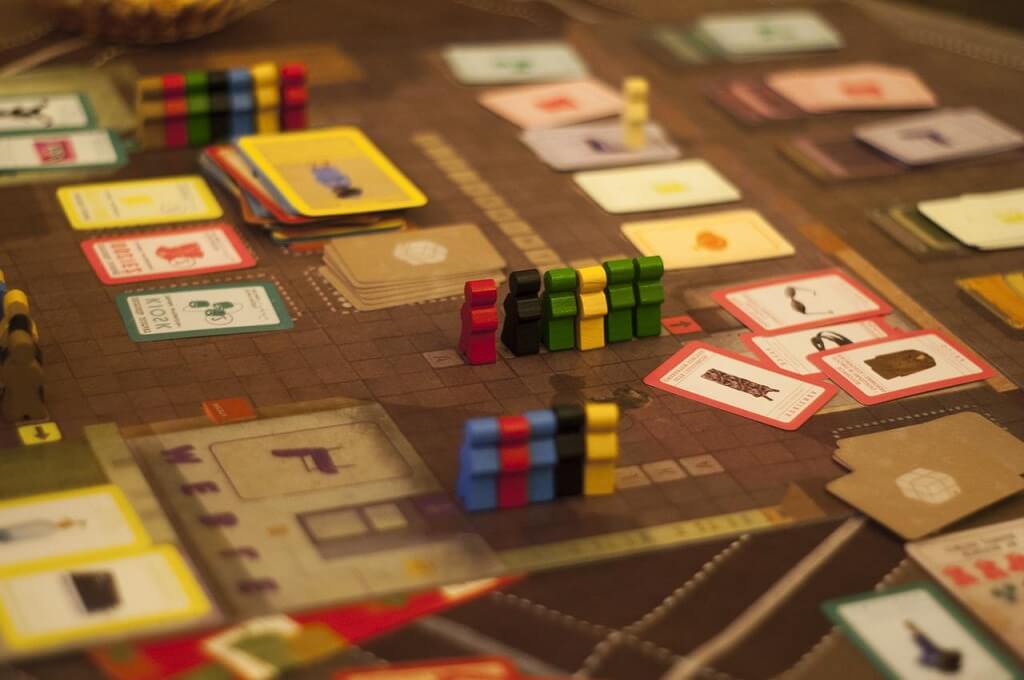
In Conclusion
All in all, choosing to go through a publisher or not, all depends on your approach to board game design and marketing. If you are confident that you have the funds and the know-how necessary to publish your personalized board game without having to approach several publishers for possible rejections and meddling in your game, you may be right to self-publish. If you are a designer first and a publisher second, you might consider letting others with the resources and time to handle that load do it for you while you focus on perfecting your game.
Either way is potentially costly, either way has its risks. The decision, no matter what, is a gamble for you cannot know how well the game will do prior to release. I hope these points have helped you in your decision-making and will lead to the next big hit in the realm of board games.

